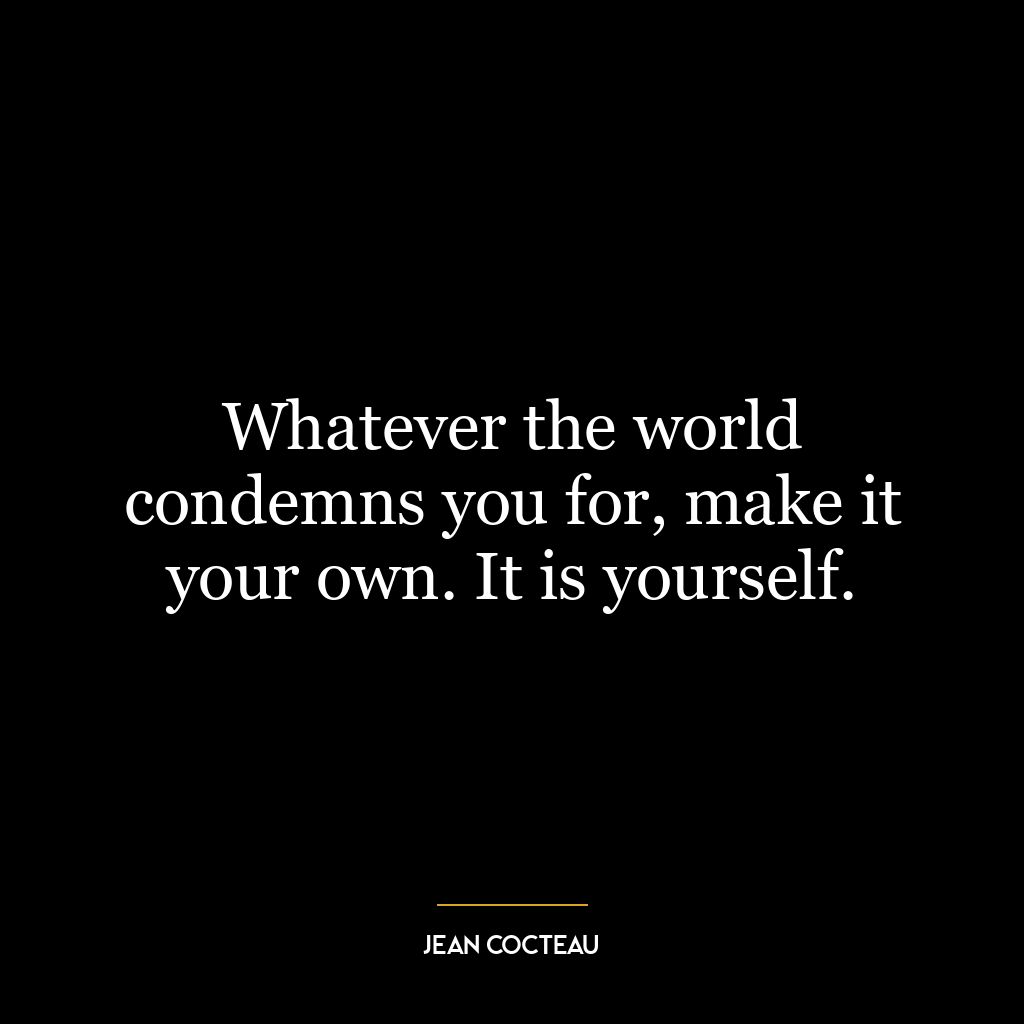When freedom is in jeopardy, non-co-operation may be a duty and prison may be a palace.
This quote by Mahatma Gandhi speaks to the idea of civil disobedience and personal sacrifice for the sake of preserving freedom. When he says “non-cooperation may be a duty,” he suggests that when faced with oppressive forces, one’s responsibility might not be to comply, but rather to resist. In this sense, non-cooperation becomes an act of defiance – a refusal to support or participate in systems that threaten individual or collective liberties.
The second part of the quote, “and prison may be a palace,” refers to the notion that imprisonment can become a symbol of honour and dignity when it results from standing up against injustice. Here, ‘prison’ is metaphorically transformed into a ‘palace’, signifying respectability and nobility. This is not about romanticizing incarceration but recognizing it as possibly being an inevitable consequence in the fight for freedom.
In today’s world, this concept could apply in various contexts – from political activism fighting against oppressive regimes or policies to social movements advocating for human rights or environmental causes. Individuals often face legal consequences due to their acts of resistance; however, these acts are seen as necessary sacrifices in their quest for justice and freedom.
As far as personal development is concerned, Gandhi’s words can inspire individuals to stand up against unfair practices even if it means facing negative consequences personally. It encourages moral courage – standing firm on principles even when faced with adversity. For instance, someone might choose whistleblowing on unethical practices at their workplace knowing well they might lose their job – here losing job (a kind of prison) becomes a palace because they chose truth over complacency.
In essence, Gandhi’s quote emphasizes the importance and value placed on freedom – suggesting that its preservation sometimes requires non-conformity and personal sacrifice which may lead us into situations we would typically avoid but end up giving us pride and dignity because we stood by our beliefs.








